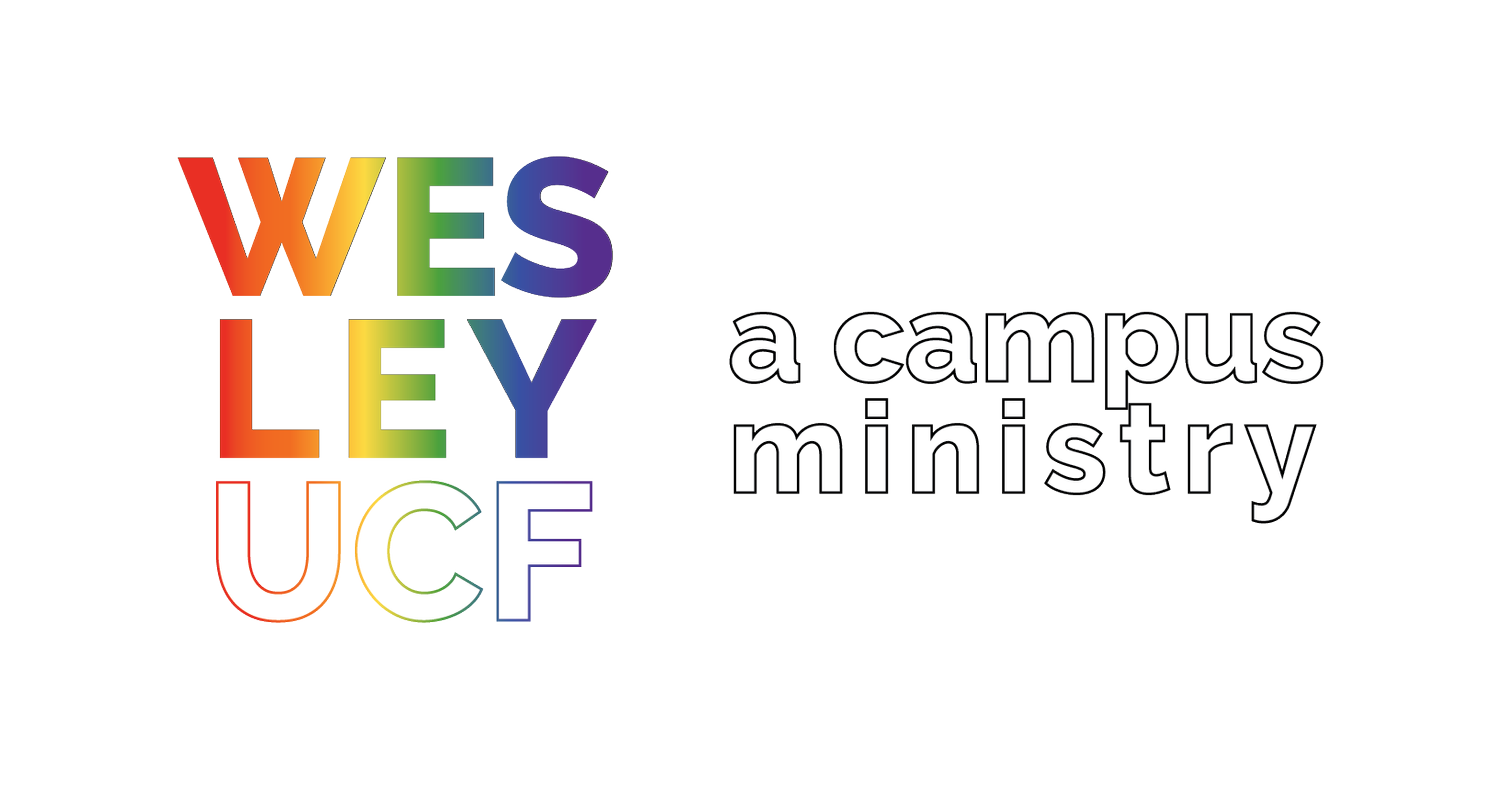SCRIPTURE:
15 “As I began to speak, the Holy Spirit came on them as he had come on us at the beginning
Acts 11:15
SPIRIT
You have to read the whole story to understand this scripture. Read Acts 11:1-18. It’s a great story. One of the important things to know about this story is that Peter is a Jew who is expected to only eat with people who are circumcised. Seems like a weird flex but ok. Lol. No really, what a strange request. Perhaps what’s even stranger to me as I read the story is the final quote in verse 18.
Once the circumcised Christians were taught by Peter they finally understood that repentance that led to life was offered to Gentiles too. I don’t understand the reasoning here. Wasn’t repentance always offered to everyone? I would even argue that it’s not just a Christian value. To me, any person who repents from evil has God working with them. If they are not Christian, it’s still prevenient grace working in their life. Repentance is a good thing, something everyone should be doing. It’s about self-awareness, empathy, transformation. Repentance is about always trying to improve in how you love yourself, how you love others, and if you are a devoted Christian-how you love God. Everyone regardless of their faith should be practicing repentance.
I wonder what other religions call it? Quick google search found that repentance is an important trait in Judaism, Christianity, Islam, Buddhism and even the Hawaiin tradition. Check it out on Wikipedia. https://en.wikipedia.org/wiki/Repentance
But there’s something deeper here to me. Something (again) that liberation theology can teach us. You see, Peter always had trouble eating with Gentiles. It was out of character, it was counter cultural for him, he would be ridiculed. Even though deep in his heart he knew excluding people was wrong, he still felt wrong when he included them. In the book of Galatians, he actually gets in trouble because rather than learning from this moment he actually reverts to not eating with Gentiles. He goes from being inclusive to being exclusive. It’s interesting. Something we should definitely be thinking about.
We should be asking ourselves the metaphor, “Who are we eating with? Are our tables diverse? Who are we excluding?” For me, I can relate with Peter a little bit.
When I was first welcomed into the church I remember this guy, who I actually really like, told me something I’ll never forget. After about a year of attending the church, giving my life to Christ, and experiencing a major transformation he told me that the first day he saw me he “smelled the sin on me.” Strange again. All that to say that, the church welcomed me even though I was definitely by definition “not a Christian.” I led a very different life. You can see it on me. I am so thankful for that church. I learned about inclusion in that church. I learned about how the church was a safe space for everyone, even me. Add in all the time I spent in celebrate recovery with men and women who struggled with drugs and I was, what I felt, in the safest and most inclusive space I have ever been a part of. I was in the same community as people who were rich, drug addicts, homeless, prostitutes, drug dealers and everything in between.
I became a Pastor because I wanted to create a place like that. A place that welcomes all and teaches them the way of Jesus Christ. A truth that leads to all the fruits of the spirit, the gifts of the spirit, and even to repentance, among many other beautiful lessons.
But the more time I spent with Christians, the more I was taught exclusionary theology. So I battled. I would even say reverted. I went through a Peter season. I began to separate myself from certain ways of thinking. I began judging people and thinking I knew better than them. I began almost creating a group of people who thought just like me and excluded the same people I was taught to exclude. I began to feel as though I was part of a Church that was exclusive.
It felt terrible. It hurt. Still hurts. But then I came back. Or at least I am coming back.
And it’s all because of the power of the Holy Spirit. The same Holy Spirit that brought together all kinds of different people in Pentecost is bringing people together again here in chapter 11. That’s what the Holy Spirit does. It brings together that which was once separated. It brings people together. It brings people towards God. It helps people love themselves. It’s actually a mark of the Holy Spirit. Unity in diversity.
So that’s my Peter story. From inclusion, to exclusion, reverting back and forth, and now learning how to be wise and inclusive. I blame the Holy Spirit.

